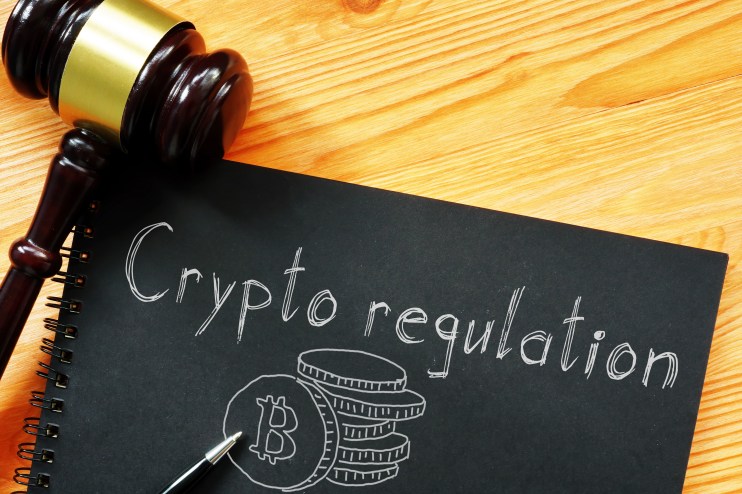Global money laundering watchdog urgently calls for greater crypto information sharing

Most countries do not have appropriate laws to prevent the illicit use of cryptocurrency by criminals, according to a global anti-money-laundering watchdog.
The rules would force businesses to share information about cryptocurrency transactions. Only around a third of countries surveyed by the Financial Action Task Force said they have passed laws, and just a few nations have even began thinking about the implementation off the laws.
The Paris based Financial Action Taskforce (FATF), who published the report, called on more countries to implement travel rules to better understand the money-laundering and terrorist-financing risks within the crypto industry.
Only 29 of 98 jurisdictions that responded to FATF’s survey said they had passed relevant rules and only 11 of those 29 had started enforcement and supervision on those rules, according to FATF.
About a quarter of the respondents were in the process of passing such laws and about one-third hadn’t yet started introducing relevant laws.
FATF is an industry body responsible for setting standards for member countries to implement, and member jurisdictions then write relevant rules that would require compliance from companies and organisations.
While there are technological solutions to facilitate compliance with travel rules, FATF said the private sector still needs to increase the ability to exchange information between nations.
In addition, FATF said it would continue to monitor emerging risks within the sector, including the use of crypto to evade sanctions and to launder illicit proceeds from ransomware attacks.
Commenting on the report, Ned Kulakowski, senior financial crime consultant at Fenergo, said: “Trying to push for greater information sharing around crypto is great in principle, but much harder to achieve in practice.”
He added: The trading of crypto, by definition, means that personal data is recorded and stored on multiple computers across numerous locations around the world, as opposed to one central location. This in turn means that no one government or regulator controls the recording or storage of information.”
“Different countries, jurisdictions and regulators have different views on how crypto should be regulated and what action should be taken if bad actors break the rules.”
Ned Kulakowski
The trouble is that for as long as this is the case, criminals will continue to exploit the weaknesses in this part of the global financial system, he added.
“Governments, law enforcement, businesses and financial institutions must continue to shar timely information to intercept crime at the source. Only a collaborative approach, leveraging technology and data that informs and can be acted upon, will create a solid foundation for detecting and, crucially, preventing crypto crimes,” Kulakowski concluded.